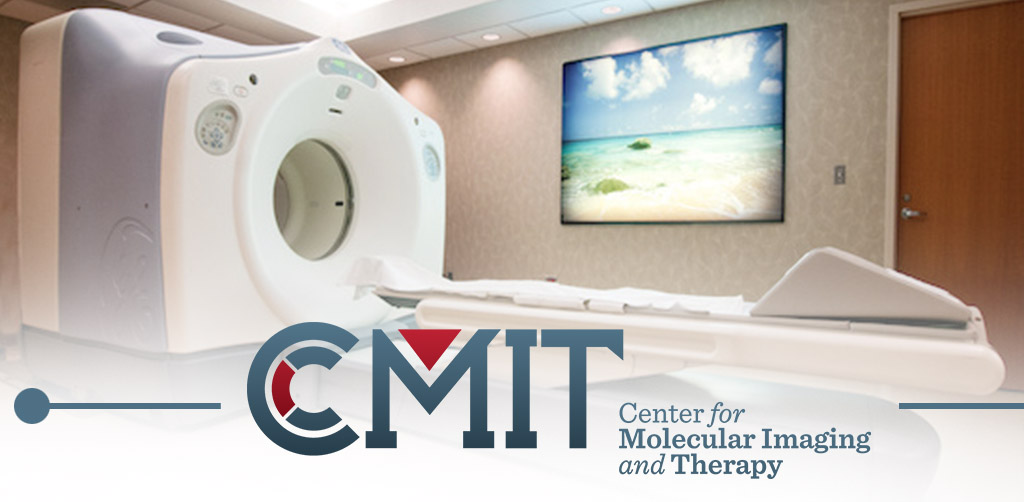CMIT has signed a six-year contract with Eli Lilly/ AVID to produce a PET radiopharmaceutical for early detection of Alzheimer’s disease.
The compound, F-18 labeled AV-1451, targets the brain’s tau protein that is one of the leading culprits in several neurodegenerative diseases, including Alzheimer’s.
Alzheimer’s disease has become a higher priority in the research community, as it has become the sixth leading cause of death in the United States.
According to the Alzheimer’s Association, 5.7 million Americans are living with the disease, and by 2025, the number is projected to rise to nearly 14 million.
This radiotracer is being produced at CMIT’s Southern Isotopes facility on King’s Highway in Shreveport.
“Besides mild cognitive impairment and Alzheimer’s, this radiopharmaceutical is also quite effective in imaging Chronic Traumatic Encephalopathy (CTE) and several other traumatic brain injury cases,” said CMIT Executive Director Dr. Pradeep Garg.
“This radiopharmaceutical binds to a protein called ‘tau protein’ which accumulates in the brain during repeat concussions and traumatic brain injuries. Availability of this PET radiopharmaceutical allows the non-invasive detection of various neurodegenerative brain disease.”
Garg said this radiopharmaceutical is relatively new and not widely used in the region yet, but it is likely to become more prevalent in diagnosing Alzheimer’s and other neurodegenerative diseases locally.
CMIT has recently completed a 600-site, nationwide clinical trial called Imaging Dementia – Evidence for Amyloid Scanning (IDEAS) to learn how amyloid PET scanning can help clinicians diagnose the cause of cognitive impairment, provide the most appropriate treatments and recommendations, and improve health outcomes.
The results of the study support reimbursement of amyloid imaging by Medicare and other third-party payers, making diagnostic imaging for Alzheimer’s disease more accessible to patients.


